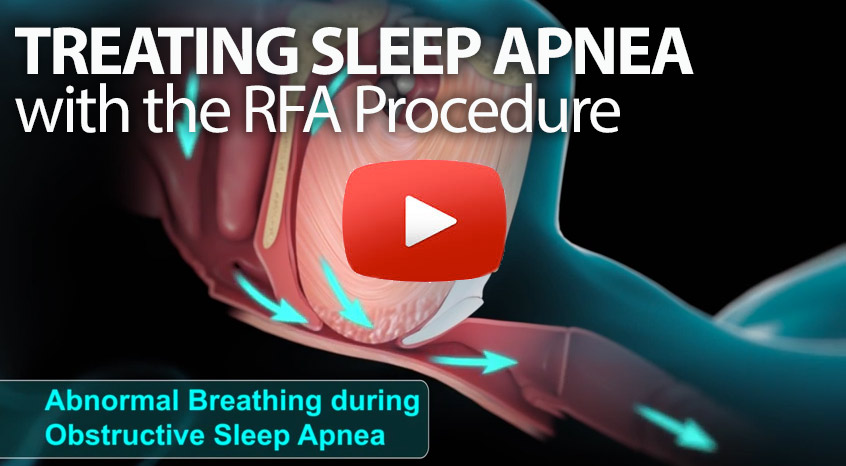Do you tend to suffer from headaches in the morning? Headaches are an unpleasant way to start the day, and they can be a serious drain on productivity and happiness. Often, they lead to additional stress, sensitivity to light and sound, and general discontent. If you have headaches that hit predominantly in the morning, they may be caused by sleep apnea.
Here’s the connection: Obstructive sleep apnea (OSA) is defined as a stoppage of breathing throughout the course of a night’s sleep due to an obstruction. The pauses in breath can be as short as a few seconds or as long as minutes, and can occur hundreds of times during the night. To see a visual depiction, click here.
When your airway is obstructed, oxygen circulating in the bloodstream and to the brain decreases. As oxygen levels drop, carbon dioxide goes up, which causes the blood vessels in and around the brain to dilate. This dilation of the blood vessels in the brain causes the pain we identity as a headache.
Because of this connection, the sleep apnea patient is susceptible to an increased incidence of headaches. In fact, close to 20 percent of people with sleep apnea are prone to headaches and the statistic is even higher when you include other sleep disorders. This is especially the case when the person with OSA in not diagnosed or treated.
What does a sleep apnea headache feel like?
- It tends to occur above the eyebrows but can migrate over the entire head
- Dull pain
- Lasts from an hour or two after waking up from sleep
- Can occur daily
There is extensive research demonstrating the connection between sleep apnea and headaches. In 1999, a study published in the Archives of Internal Medicine confirmed that there was an increased incidence in patients awakening with headaches for individuals with sleep apnea. When the sleep apnea was treated, the test subjects had an 80 percent decrease in their morning headaches.
In 2004, researchers wanted to confirm the connection between cluster headaches and sleep apnea. Cluster headaches are what their name suggests: they come in groups and are intense in nature. Researchers found that approximately 80 percent of sleep apnea sufferers had cluster headaches.
What treatment can help?
Most people who suffer from headaches take over-the-counter medication. However, if headaches are related to sleep apnea, the most effective cure is to successfully treat the sleep apnea so that the brain can obtain the proper oxygen levels during sleep. In so doing, the carbon dioxide levels return to a normal level, eliminating the vasodilation (enlarging blood vessels) that causes the headaches.
One popular new treatment option for sleep apnea that can be performed in-office and offers patients the potential to eliminate the need for a CPAP machine or dental appliance is RFA. To learn more click here.
If you or someone you know is in need of a better night’s sleep, contact us for a no obligation consultation. We are the sleep specialists at Chevy Chase ENT located in the Virginia, Maryland, and Washington D.C. metro area dealing with sleep apnea and sleep-related problems. We can help diagnose your condition, recommend whether a sleep study would be beneficial, and offer you a variety of treatment options including CPAP, Radio Frequency Ablation (RFA) and more.
